Belgium
Belgium ministers approve gambling advertising curbs
Belgium’s Minister for Justice Koen Geens has been given the nod by the Council of Ministers to craft a system of curbs on the way gambling services are advertised on local broadcast media. Minister Geens first announced that he was working on such a bill on the matter back in June.
Belgium’s legalized gambling market was first established in 1999. The Betting and Gaming Act, the country’s gambling law, was adopted that year to allow the provision of different forms of games of chance within the country’s borders. Minister Geens, who is member of the Christian Democratic and Flemish (CD&V) party, said earlier this year that certain changes need to be introduced to the Act, ones that would limit significantly sports betting operators in advertising their services on broadcast media in a manner that could potentially encourage minors and other vulnerable people into gambling.
Here it is important to note that it was namely the CD&V party that proposed earlier this year that the minimum age for online gambling is raised to 21 from 18 for all forms of gambling. Currently, Belgian citizens aged 18 can bet on sports and purchase National Lottery tickets, but cannot play at online casinos. The minimum gambling age for online casinos is 21.
What Will Belgium’s Gambling Advertising Curbs Include?
As reported by local news outlets, Minister Geens’ bill is planned to include several important clarifications and requirements as to how gambling services should be advertised on broadcast media.
First and foremost, no gambling ads will be allowed to appear on Belgian television before an 8 pm watershed. The 8 pm watershed will not be valid in cases of sports events. However, gambling ads will not be allowed during actual sports events. They should only be broadcast shortly before and shortly after the events.
Gambling advertising content will not be allowed to appear on sports equipment and kits as part of Minister Geens’ crackdown on gambling ads.
Advertising content should not be broadcast less than 15 minutes before and after programs that are particularly aimed at children.
In addition, operators will be required to add messages for responsible gambling to their advertisements. At present, operators are encouraged to add such messages and warnings to their ads, but are not obliged to do so. Minister Greene intends to make the practice mandatory.
The Minister’s proposals came before the Council of Ministers as a preliminary draft of a bill that would aim to restrict excessive gambling advertising in a bid to protect vulnerable people from falling victim to gambling addiction and problem gambling behavior. Minister Geens said that people should not be encouraged or misled into spending more money on gambling than they could afford.

Belgium
Belgium officially declares loot boxes a form of gambling
Last week we reported that the Belgium government were investigating the stratospheric rise of loot boxes, and its effects on gamers playing titles such as Overwatch, and the recently launched Star Wars: Battlefront II. The Gaming Commission has officially concluded their investigation and aims to put an end to these practices – in Europe at least.
According to a report in VTM Nieuws, the ruling by the Commission concluded that loot boxes constituted a form of gambling and that they were dangerous in the hands of minors and people with addiction problems. The Belgium Minister of Justice, Koen Geens jumped into the fray as well, pointing out that “Mixing gambling and gaming, especially at a young age is dangerous for the mental health of the child“.
The Commission aims to ban these in-game transactions, in the case where the buyer does not know exactly what they might get once it ‘unlocks’. This follows on a report that the state of Hawaii is also looking into legislation to ban this form of micro-transaction. Since Belgium forms part of the European Union, the process could take some time, but Geens pointed out that it will ‘certainly try to ban [them]’.
The loot box controversy took on a life of its own this year after several AAA games implemented them, including Assassin’s Creed: Origins, Forza Motorsport 7, and Middle-earth: Shadow of War. However, after appearing in Star Wars: Battlefront II, it caused enough backlash for countries like Belgium to investigate. However, not everyone agrees that micro-transactions are dangerous, with KeyBanc Capital Markets analyst Evan Wingren noting that gamers were simply ‘overreacting’.
If loot boxes were found to be a form of gambling, this could have a serious impact as to how games are marketed to the general public. This is due to the fact that the ESRB (an American self-regulatory organization that assigns age and content ratings to consumer video games) – which already concluded that loot boxes were not a form of gambling – always rates titles with gambling for ‘Adults Only’.
Belgium
Goldenpalace.be awarded A+ license and expand Live Casino
Goldenpalace.be confirmed that the Golden Palace Group has obtained the right to operate an A+ license. With this license, it joins a select group of operators in the regulated Belgian market.
The Belgian Gaming Commission has entered www.goldenpalace.be into the table of official A+ licensed operators. Goldenpalace.be, is primarily focused on the Belgian market, and was already operating under the B+ license since 2011 and was one of the very first sites to launch a legal Belgian gaming offering. The brand has been expanding its portfolio of casino games and recently added sports betting.
“Improving the player experience has always been a key focus point at Goldenpalace.be. This A+ license gives us the opportunity to take further steps in ensuring the best possible product gaming experience for our players”- says Tim Boonen, Head of Online at Goldenpalace.be.
“We are delighted to see our partners expand their offering of games” says Kfir Kugler, Ezugi CEO. “We are committed to our partnership with Goldenpalace.be who has now increased their offering of Live Dealer Casino games to 6 Roulette Tables, 6 Blackjack Tables, 3 Baccarat Tables and a Casino Hold’em table. These new games will help continue their phenomenal growth in the Belgium market and position them as the preferred option for players.”
About Ezugi:
Ezugi is an innovative live dealer gaming system provider, both for land-based casinos and regulated digital operators via a global network of offices and Live Dealer Studios thus allowing a localised service to their clients.
Ezugi’s system is designed to integrate a live dealer’s video feed with multiple operators’ websites, languages, and currencies. Ezugi offers real-money revenue generating live games such as Blackjack, Baccarat, Roulette, Over the Table (OTT) and Lottery as well as RNG games and mini-games.
About Golden Palace:
Golden Palace is Belgian market leader with over 40 gaming halls and betting shops. The Group also has an online platform goldenpalace.be on which players can bet on sports and play casino games, including a live casino. Golden Palace is committed to ethical marketing. In recent years the experienced group has enjoyed a significant growth, both online and land-based.
Belgium
Belgian and Dutch authorities are investigating loot boxes in video games
Loot boxes in Overwatch contain special items, with some being time-limited, such as one kind for a Halloween event earlier this year.
Purchases in video games that have a random result are often seen as a legal grey area in many countries, and so authorities in Belgium and the Netherlands are investigating whether the purchases of loot boxes in certain systems should be classified as gambling. In Belgium, this specifically relates to the games Star Wars Battlefront 2 and Overwatch, as the Belgian Gambling Commission is investigating those two titles specifically.
As reported by VTM (and via Eurogamer, Gamasutra), the director of the Belgian Gambling Commission, Peter Naessens, has stated that “if there is a game of chance, it is not possible without a permit from the Gaming Commission”.
In these games, players are able to purchase loot boxes, which have random rewards. In Overwatch, those rewards are cosmetic items that can change the player character or cause them to say different things in the game. In Star Wars Battlefront 2, those rewards can range from new weapons to the sorts of cosmetic items seen in Overwatch.
Previously, players were able to purchase these loot boxes for real money in both titles, but this has since changed: following fan backlash, EA, publishers of Star Wars Battlefront 2, have turned that system off. In both games, you’re able to earn loot boxes through play, with Overwatch also having a system where they can be bought for real money.
Similarly, the Dutch Gaming Authority are investigating loot boxes in games as a whole, as reported by NU.nl. Both groups are in research stages currently, and have not made a formal conclusion on whether loot boxes should or should not be counted as gambling.
Neither of these authorities have direct control on laws in the United Kingdom, and Eurogamer reported last month that the Gambling Commission in the UK does not currently consider loot boxes as gambling as they cannot be exchanged for real money. They have, however, been a “significant focus” for the organisation as of late.
-

 Latest News3 months ago
Latest News3 months agoWeek 17/2025 slot games releases
-
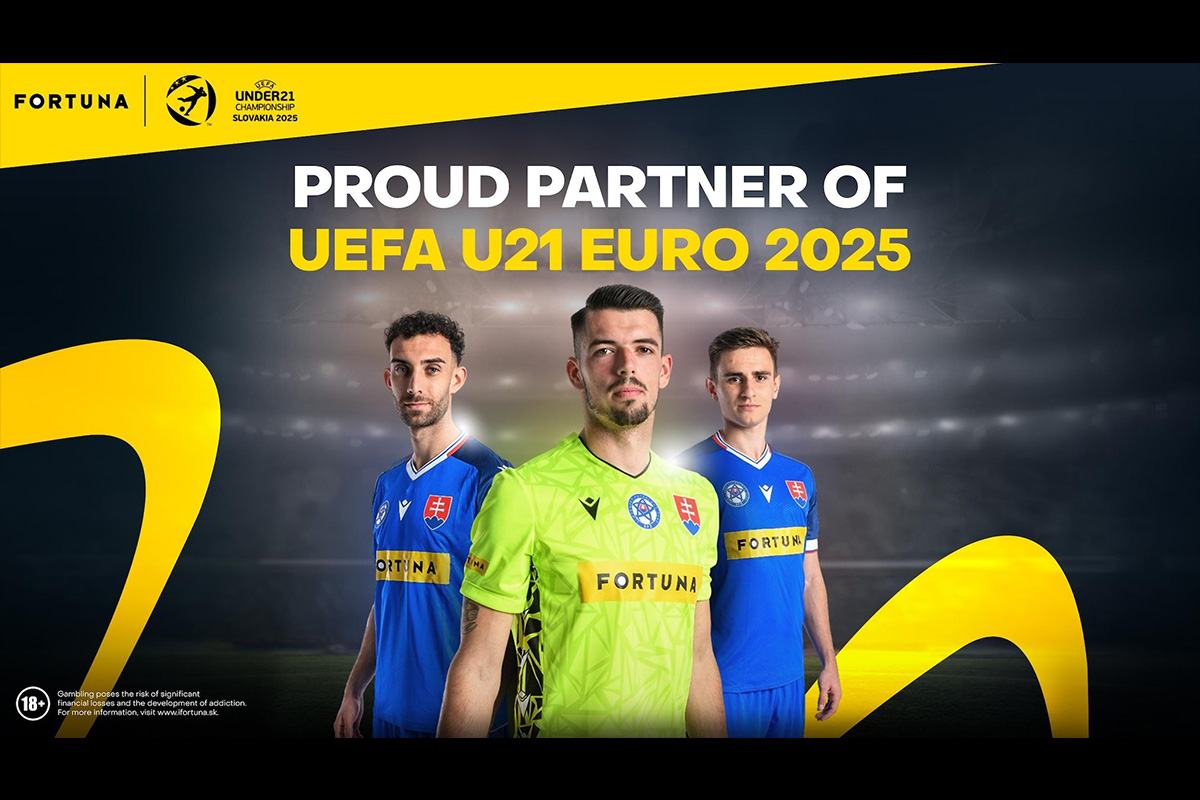
 Latest News3 months ago
Latest News3 months agoFortuna Partners with 2025 UEFA Under-21 EURO
-
Latest News3 months ago
Esports World Cup Foundation Confirms Full Game Lineup, Schedule, and Club Championship Rules for EWC 2025
-
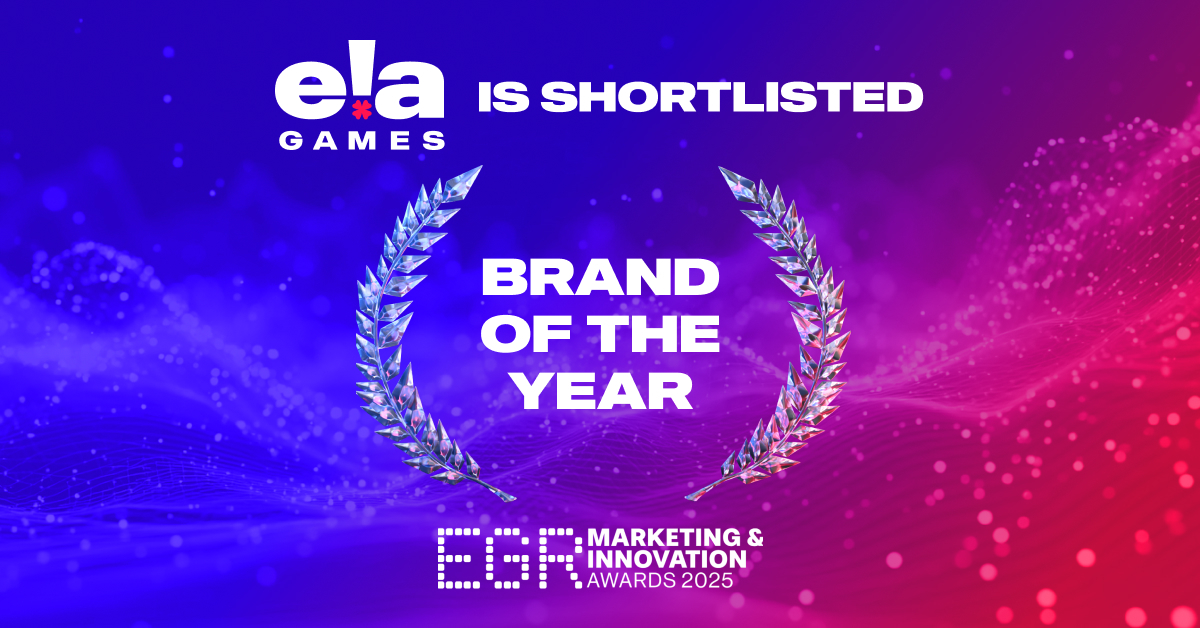
 Latest News2 months ago
Latest News2 months agoELA Games Receives Key Nomination at EGR Marketing & Innovation Awards
-
Latest News3 months ago
ACR POKER’S NEXT HIGH STAKES ADVENTURE TAKES PLAYERS TO MONTENEGRO FOR PRESTIGIOUS SUPER HIGH ROLLER SERIES
-
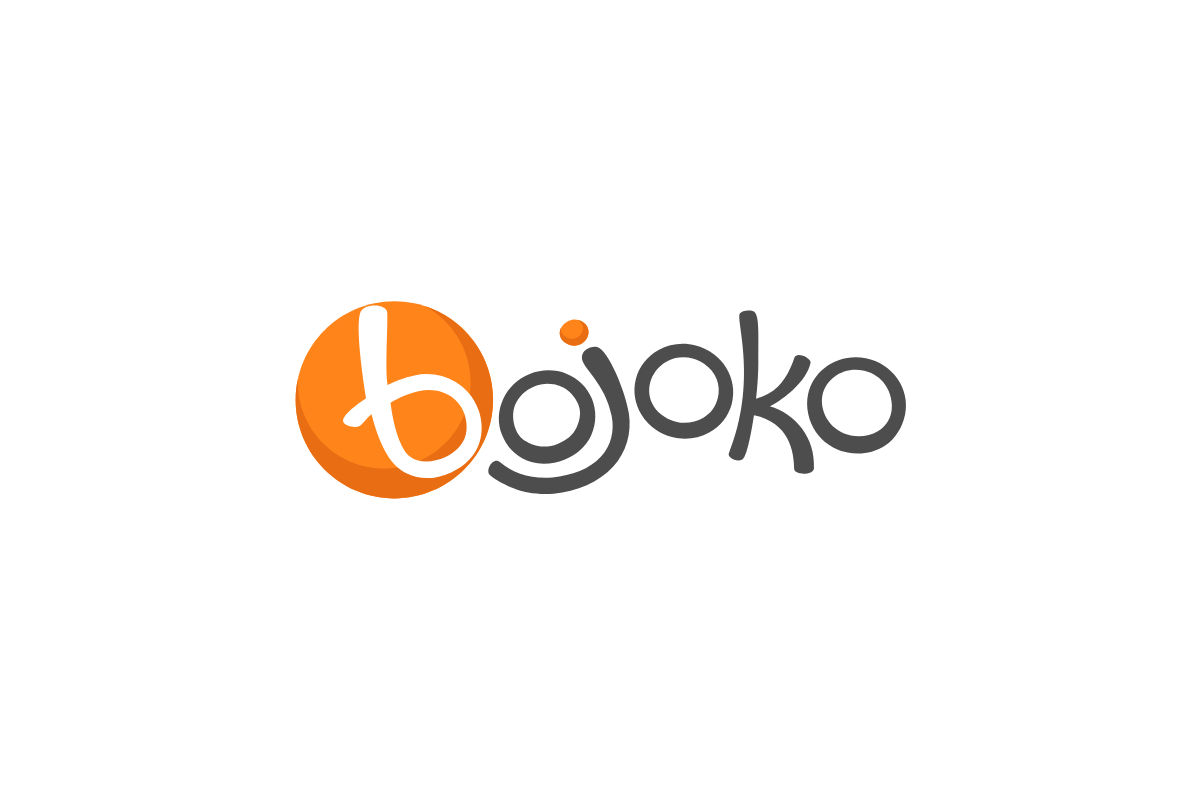
 Latest News3 months ago
Latest News3 months agoBojoko.com Surpasses €100 Million in All-Time Deposits Milestone
-

 Latest News3 months ago
Latest News3 months agoLeoVegas Group to Open a New Office in Leeds
-
Latest News1 month ago
LEGENDS by Fire & Ice: July 1st at The BOX Soho



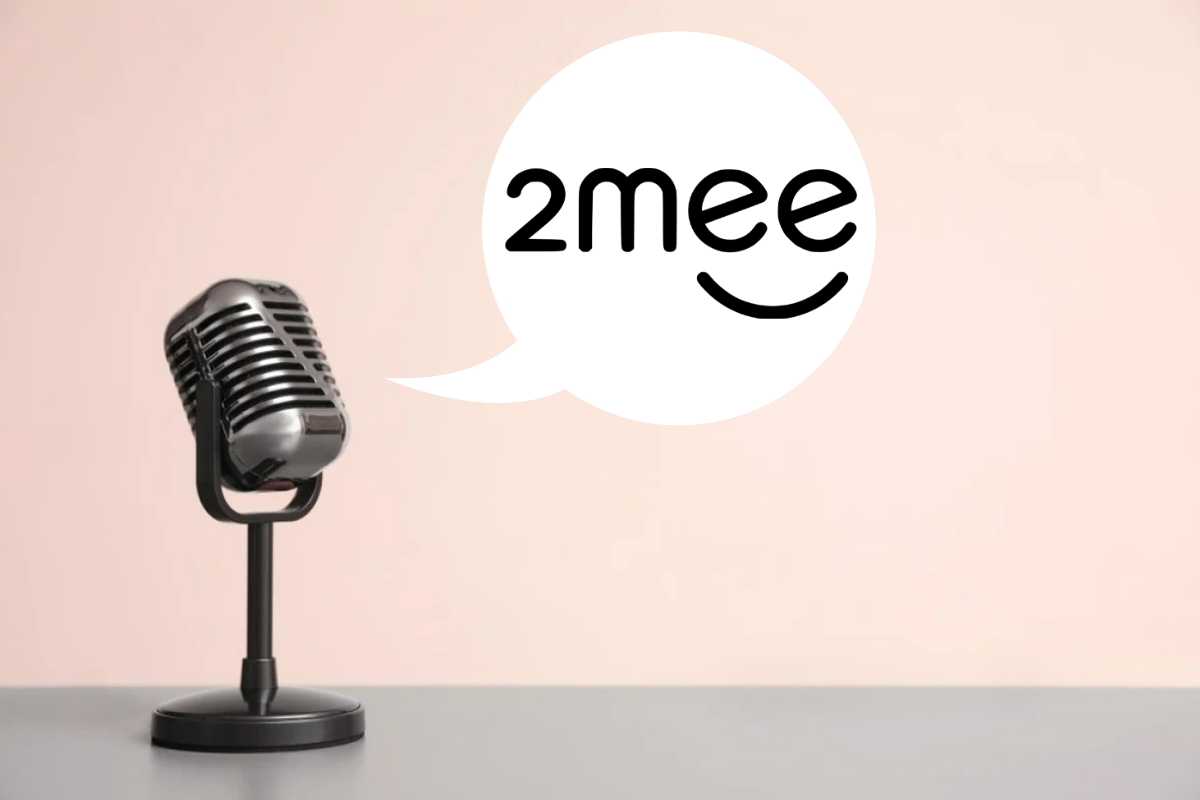






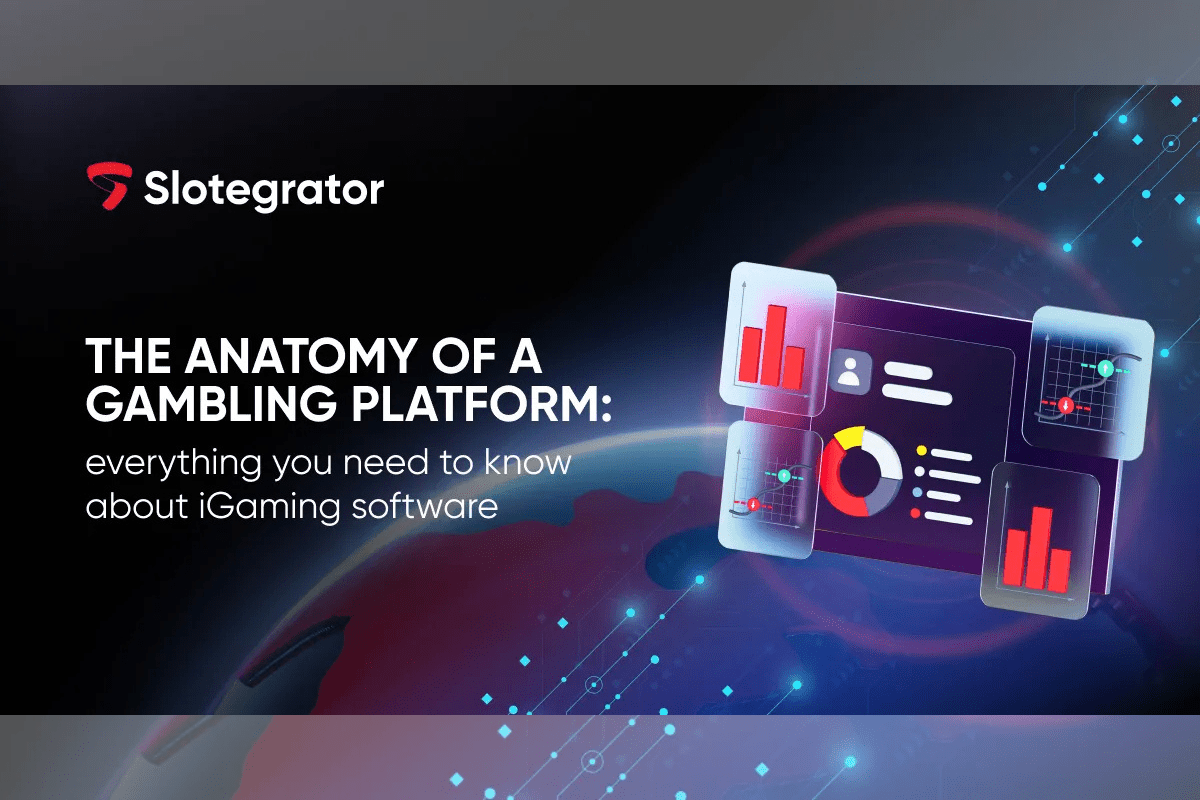
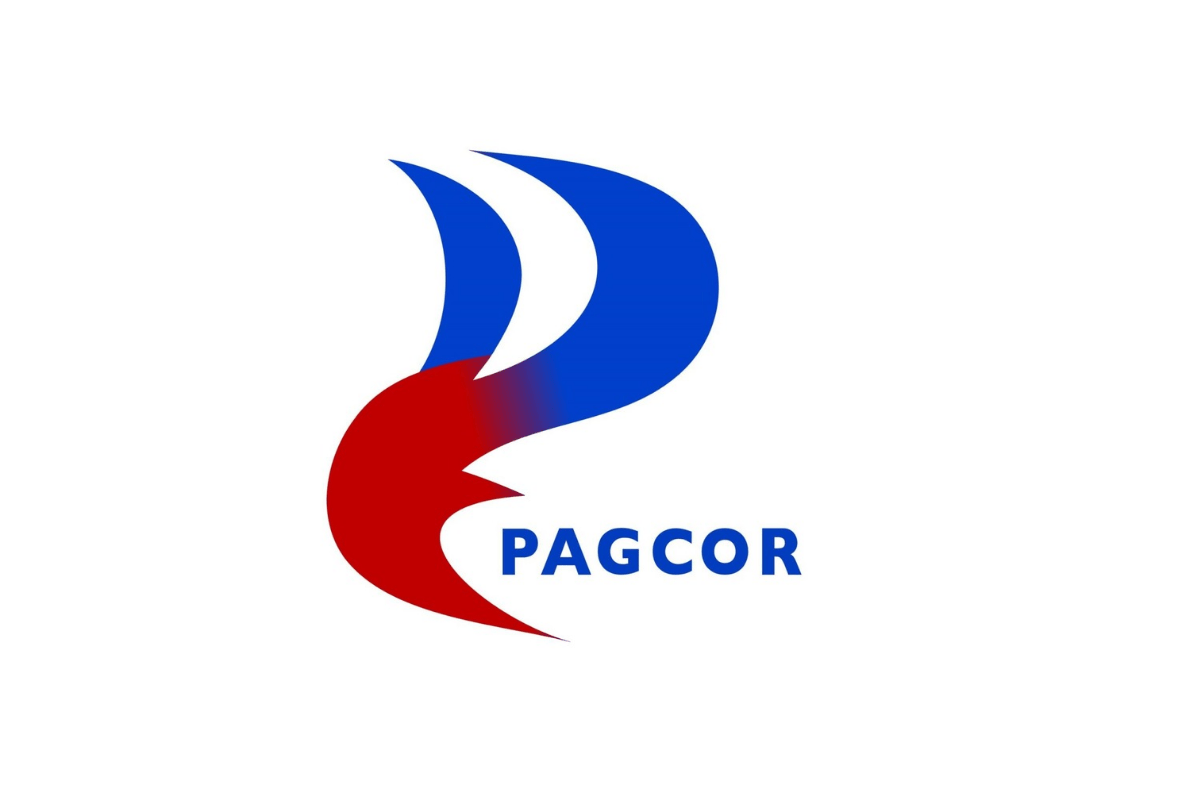

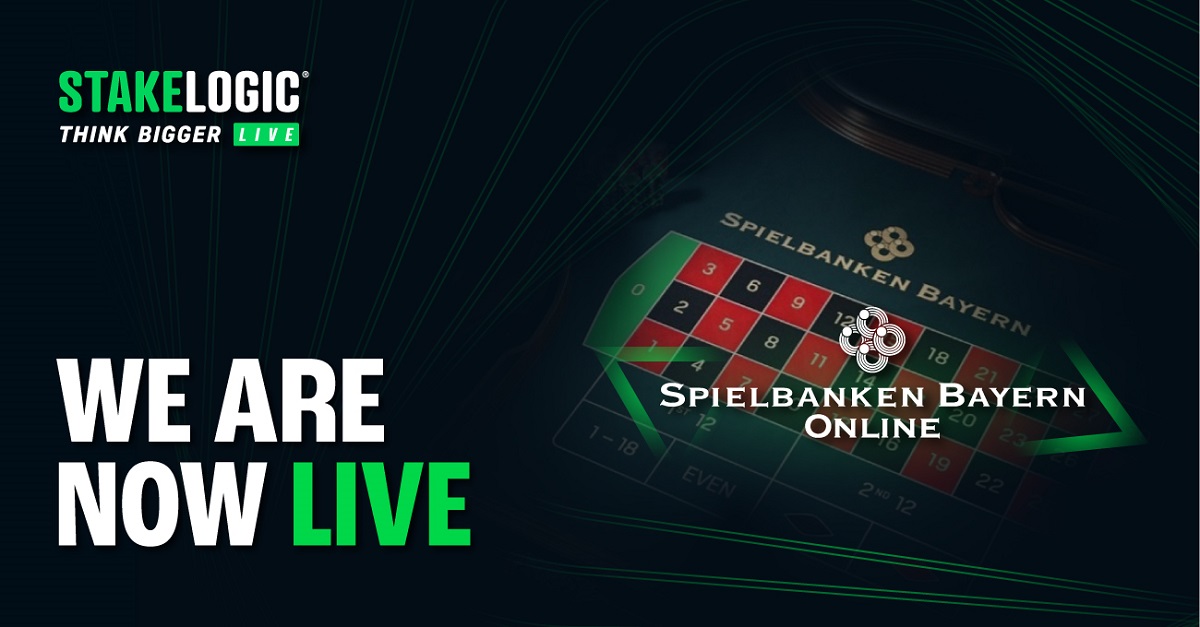

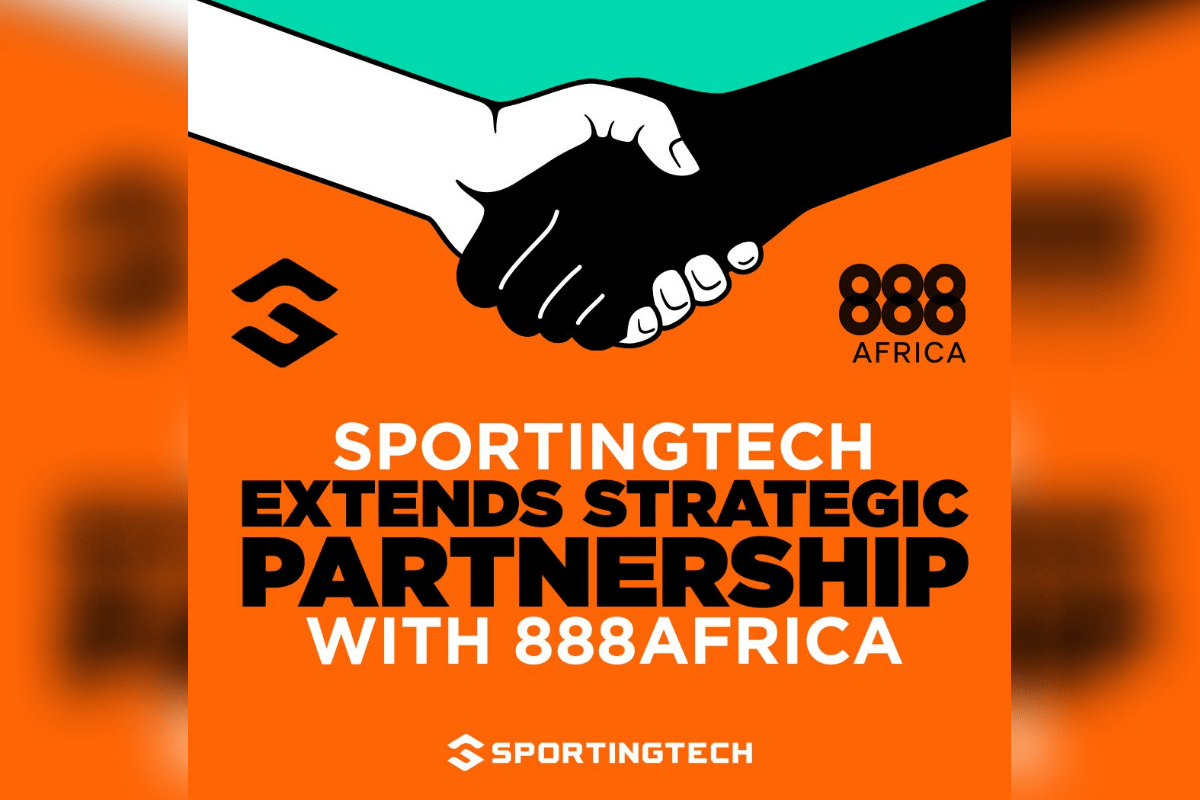
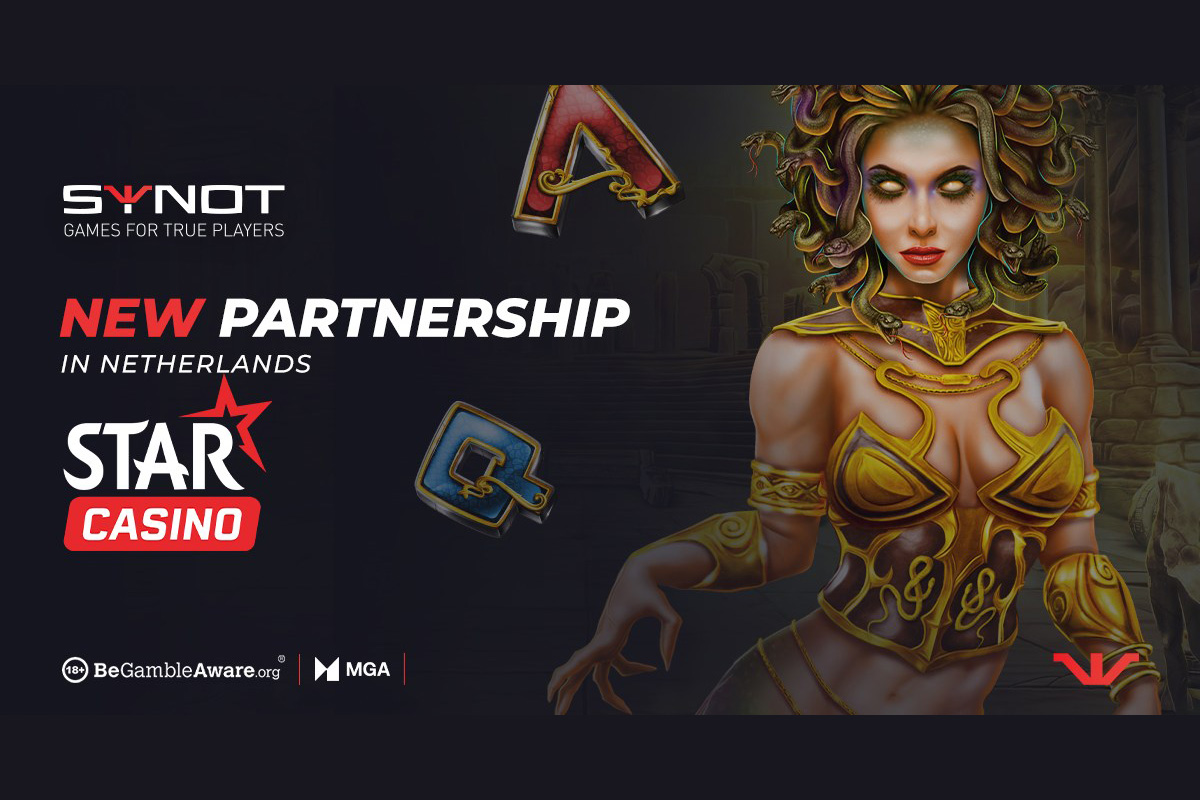
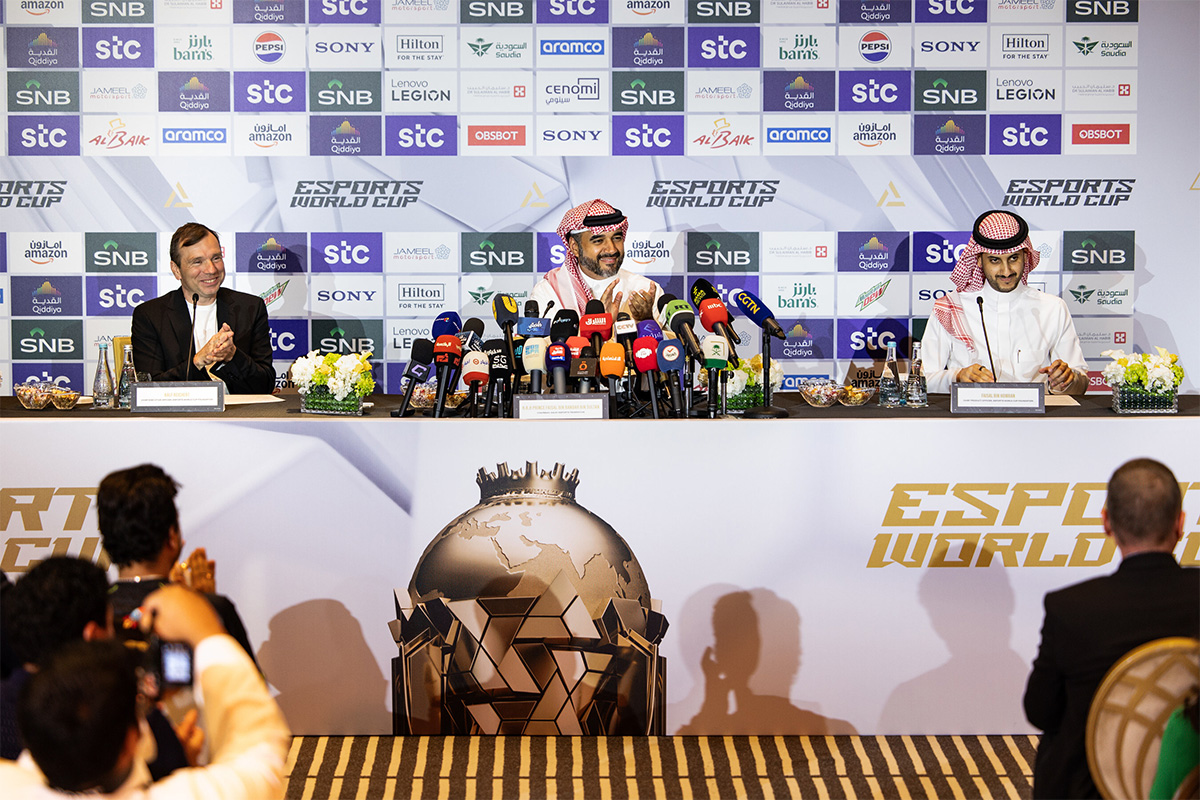
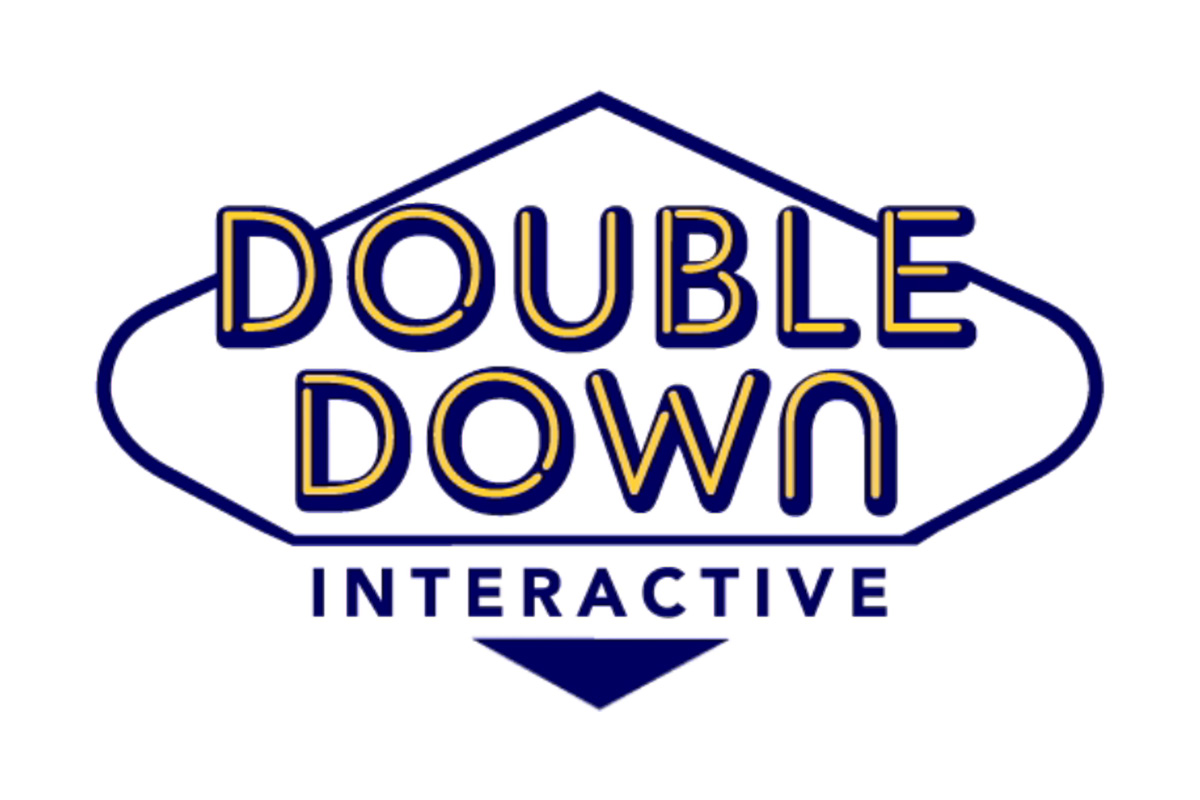
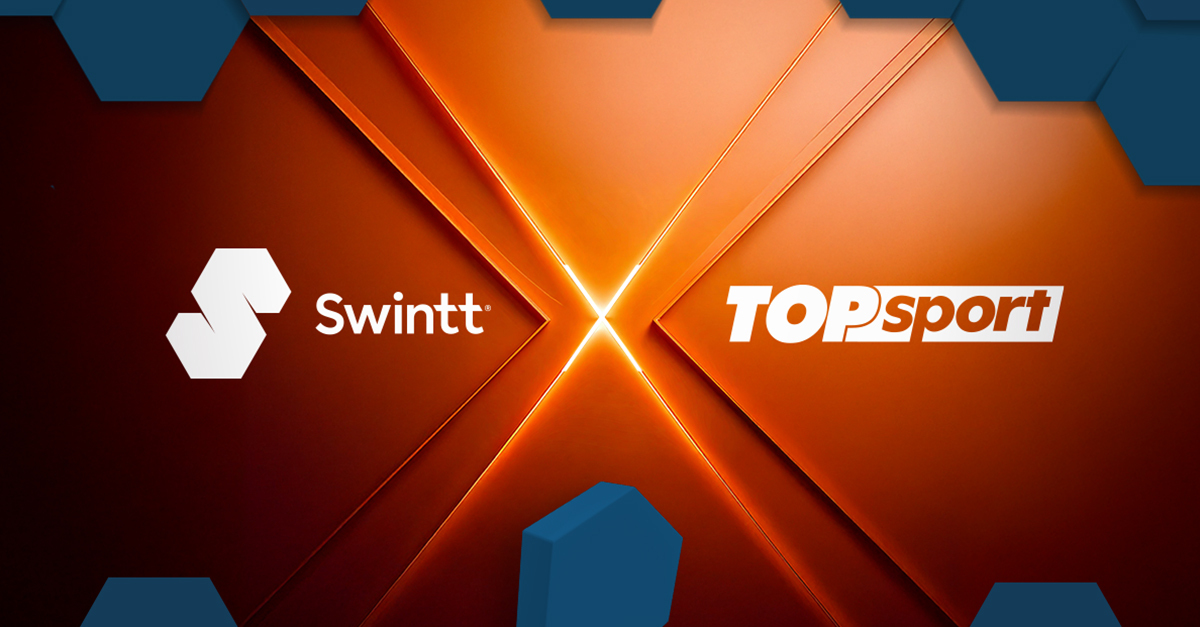
You must be logged in to post a comment Login